When I was a boy it was still close to the war. There was a proud reverence for the men in my town who had been to Omaha Beach, Iwo Jima, Midway, Normandy, Bataan, and the scores of other places we had never heard of; and didn't know existed--at least not until we heard the fellows talk about them at the drug store or ball park, domino hall, or family reunions. These men were my heroes, of course. They held a sacred place of respect in my heart.
I thought they had been to the most exotic places in the world; seen things that no one else in my county could have even imagined, and brought back stories that a boy like me could listen to for a lifetime. I grinned when they laughed, and I felt bad when they cried. And yes, they showed me that it was okay for men to cry. And that men could cry for the gentlest of reasons, or weep over some secret memory held close to their heart. Some of them knew pain--great pain. Some of them remembered too much, and it was hard for them. I felt a sadness for them.
But I admired them deeply. I wanted to be like them. They were my ideal of how one should be an American. They were almost a fraternity in themselves. I heard them joke to each other about which branch of the service was best; and I'm not sure some of their stories were always the whole truth. In fact, I suspicioned that they could be a little "windy" at times. Maybe their memories relaxed with years. It seemed their stories got a little bigger each time they told them. But I loved to hear them tell them. They had experienced things which went far beyond what we learned about our country in books, or in school.
These wonderful men taught me that being an American was more than just feeling safe and watching parades, and eating hot dogs and skinny-dipping in farm ponds; or going to the baseball game on Saturday nights, or showing livestock at the county fair. These fellows understood. Above everything else, they were deeply patriotic men. And I knew how important that ideal was to them.
You see, I was a trumpet player--and even by the time I got to junior high, I was a good one. These fellows invited me to travel with them throughout the county whenever they needed help in burying a fallen comrade. I played taps. They shot their guns in ritual salute. And they solemnly folded the flag which had been draped over their brother's coffin and handed it to his family. And I knew that his spirit had not died with him. They would keep it alive every time they marched with that flag, every time they displayed it at their own homes, every time they folded it in tribute to another brother. Every time they felt their faith in our demorcracy needed to be exemplified, the flag was somehow there.
That was a long time ago. Then, not so long ago, I saw people burning that same flag at a demonstration in Washington DC to make a point about something. It was their right to do that, of course; a right ironically given them by the freedom that same flag had secured for them long before they were even born.
I wondered what my heroes (now gone themselves) would think. Can a flag weep? Do we still care enough?
And for a moment--just a fleeting moment--I remember back across the decades to a young lad who, a long time ago in the first grade, always ran the last few blocks to school in the morning. And when his teacher asked why he did so, he gave this simple answer: "Mrs. Huffer, when I pledge allegiance to the flag I can feel my heart."
________________________________________
Thank you for reading The Laudable Pursuit!
If you enjoyed this piece, please feel free to share it on social media sites and with your Lodge.
For more information on Wor. Robert G. Davis Please: CLICK HERE
Also, visit us on Facebook: https://www.facebook.com/TheLaudablePursuit
_______________________________________
SHOW YOUR SUPPORT
If you enjoyed this content, you can show your support by visiting the "Support TLP" page in the header.





